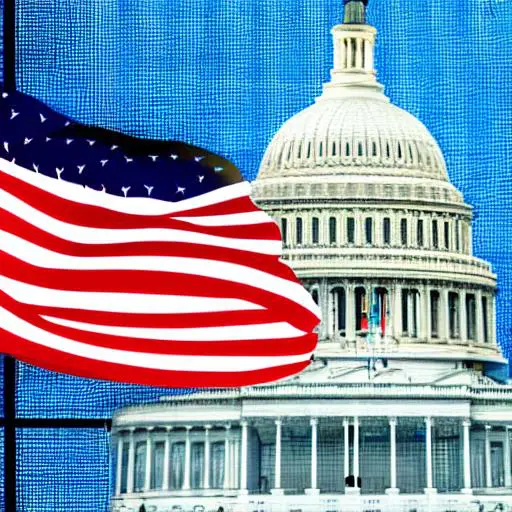According to several executives, the Securities and Exchange Commission‘s aggressive efforts against digital currency startups and the U.S. government‘s lack of clear regulations for the sector have crypto companies outraged.
In contrast to other nations, the United States has not yet developed a thorough framework or set of legislation that permit cryptocurrency and blockchain enterprises to function without concern for being targeted by regulators.
With the demise of the cryptocurrency exchange FTX last year, the U.S. SEC has increased enforcement actions against businesses.
The SEC sent a Warning notice to Coinbase on Wednesday, alerting the firm that it had discovered possible violations of American securities law. The SEC also announced allegations of fraud and unregistered securities against Justin Sun, the originator of cryptocurrency, and famous people who supported the digital coins he was promoting.
A number of other businesses, including Ripple, Genesis, and Gemini, are now involved in legal issues with the SEC.
Because the subject is so delicate, the senior crypto executive who made the statement at the Paris Blockchain Week event asked to remain anonymous. It’s incredibly upsetting for players who have been performing well all along.
According to Joe Lubin, CEO of ConsenSys and co-founder of Ethereum, the ecosystem is generally outraged.
President of Blockchain.com Nicolas Cary said on Thursday that We’re still sort of seeing the SEC play its game of punishing those who are still surviving. And it’s kind of annoying to see in that regard.
As the crypto sector was founded many years after the Howey Test, one of the crucial tests to establish whether or not something is a security, most of what the SEC has done includes applying current legislation to it.
The crypto community as a whole believes that this is not the best course of action.
Bittrex Global’s Oliver Linch believes that the regulatory frameworks are less effective when you attempt to examine cryptocurrency through the prism of conventional finance. You inquire, Is it somewhat similar to a security? If so, is it a commodity? No, it isn’t really any of those things. This is crypto.
What the SEC says
Many of these issues were covered by SEC Chair Gary Gensler in an opinion post he wrote in The Hill last month, saying the agency has been transparent about the laws.
The talking argument that the securities regulations lack clarity is unpersuasive, according to Gensler. Some cryptocurrency companies can argue that the regulations are murky rather than acknowledging that their platforms don’t offer enough investor protection.
He outlined situations in which cryptocurrency companies are subject to the existing securities regulations, such as when a business provides financing products.
Crypto intermediaries “aren’t exactly lined up” to register with the SEC and follow the laws passed by Congress, according to Gensler.
Enforcement proceedings, according to the SEC chair, are another tool in the regulator’s inventory for catching “noncompliance.”
The US could lag behind Europe
CEOs have cautioned that the United States may lag behind other nations and jurisdictions due to a lack of clear legislation.
Because cryptocurrency is here to stay, Linch asserted, he thinks it’s incumbent on Congress to actually build a legal regulatory framework that controls crypto properly.
Governments all across the world are considering how to regulate cryptocurrency. Switzerland and Dubai, for example, have advertised themselves as crypto-friendly locations with benevolent regulations.
The Markets in Crypto-Assets, or MiCA, law, intended to put certain restrictions in and around digital currency enterprises, is expected to be introduced by the European Union this year.
Monica Long, the president of Ripple, responded in the affirmative when asked if the United States runs the risk of lagging behind other nations in the crypto economy.
According to Long, Europe is taking the lead in establishing very specific legislation and norms that permit traditional finance to embrace cryptocurrency as well as cryptocurrency businesses.
The president of Ripple referred to MiCA, a statute that needed the approval of all 27 EU members, and said it was “amazing” that the U.S. had a single government yet couldn’t get its act together.








